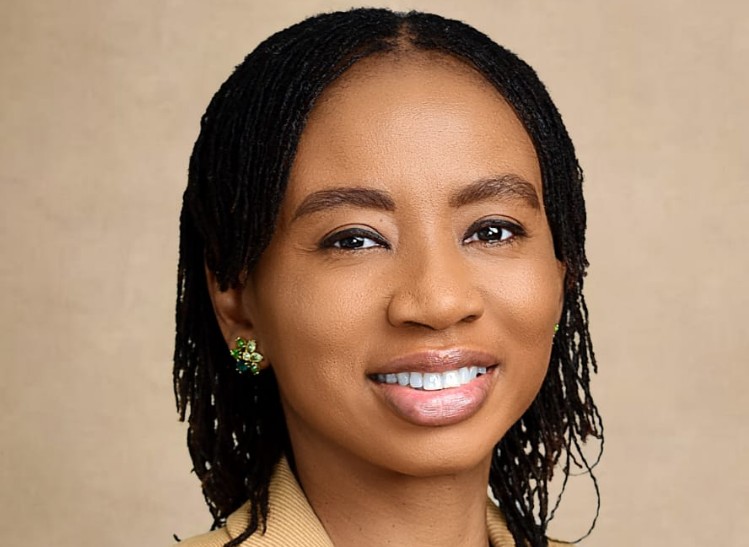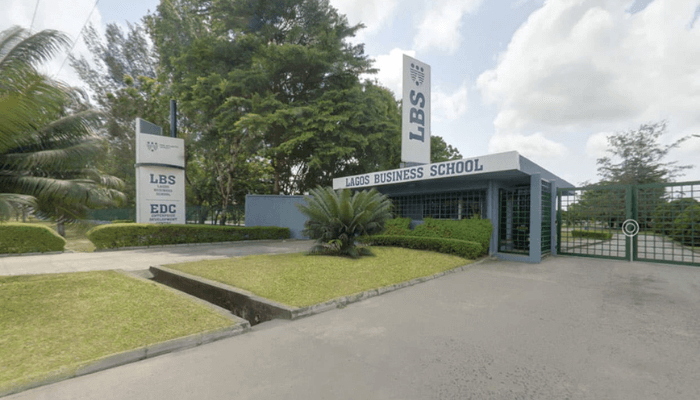
He said the future of work is not just about reacting to change but about leading through it.
Describing what leadership is, he said it would be the key driver of innovation, culture, and success in a rapidly changing world.
To lead successfully in 2025 and beyond, he said leaders must embrace change, put people first, and take deliberate steps to prepare their organisations for the future.
Noting that the world of work has undoubtedly changed, and continues to do so, especially in the last few years with rapid advances in technology and changes in employee expectations.
Noting that outside the workplace, difficult economic conditions might have made life hard for many organisations, however, he stressed that those businesses that could adapt to such circumstances could attract better quality talent than their competitors, as well as improve productivity and drive innovation as a result.
Despite the challenging economic environment, he also focused on how organisations could adapt, stating that employers needed not to lose sight of the importance of maintaining a core talent pool.
According to him, with increased costs putting the squeeze on labour supply, the performance and productivity of the maintained labour pool would be vital.
He said cultivating a positive culture whereby employees feel valued and ethical standards and behaviours are cascaded throughout the organisation would help employers get the best out of their employees during this challenging period.
On the trends that will shape businesses in the New Year, Cookson emphasised the rise of artificial intelligence (AI) and automation, employee expectations, and skills for the future.
He said AI would play a considerably larger role in almost all HR processes in 2025 “but would not replace human interaction completely.”
He said: “The same is true in the wider business, and if we focus only on how it affects HR, we may miss what happens elsewhere. AI will augment existing human roles and reshape many jobs and functions. Leaders must embrace AI as a tool to examine efficiency, explore innovation, and aid decision-making – and they will need help and support to do this effectively and consistently.
That is where we can make a huge difference in our HR and Learning and Development (L and D) roles: providing this help, support, and guidance, and ensuring that the human aspects of organisational culture are not sacrificed on the altar of technology.”
On employee expectations, the HR expert said there would be an increased demand for flexibility and autonomy at work, and consequently a greater ability to control the factors that impact well-being.
He said things like remote and hybrid working or flexible hours are no longer viewed as perks or rewards that can be granted or removed at will, but as non-negotiable elements of the employee experience.
He said the ability to better integrate work and life and achieve a personal sense of balance was critical to be able to attract and retain the best talent.
According to him, organisations and their leaders must ensure that these things are reflected in the reality of working in the organisation, not just buzzword values on the website.
“This requires a different mindset from leaders, where ‘command and control’ may be a very out-of-date approach, and a more transparent approach to employer branding that showcases how these things are brought to life,” he said.
On skills for the future, Cookson said: “As AI and true hybrid working continue to offer the potential to disrupt the way work is done as well as where and when it is done, we could see a shift away from rigid, fixed roles and towards dynamic skills-based teams.
“This requires employees to have greater adaptability to new circumstances and to embrace continuous learning to close skills gaps. Leaders need to be encouraging – perhaps even mandating – the learning of new skills and ensuring that employees and teams develop complementary skills that would enable work, processes, and tasks to be rethought and re-planned as changes occur in the workplace.
Standing still isn’t an option, and working collaboratively with employees to upskill and reassure them is important for leaders to put in place.”
On the role of leaders and what organisations must do with remote and hybrid working, which is now a norm for many organisations, he said leaders must ensure that their practices align with employee expectations.
“Focus on building trust and connection, particularly in remote or hybrid teams. This means having individualised relationships with each of your employees, which take account of their needs for flexibility and their well-being, and give each person a voice within the team. Allied to this, individualised ways of measuring performance and productivity may be helpful.
“Traditional KPIs may not allow for the individualised approach to work, so looking at engagement, impact, and overall satisfaction may be better indicators of leadership success.
“Champion learning as an ongoing priority, and ensure that teams have access to digital learning tools and micro-learning content, and have protected time for their personal development.
Identify the skills your teams need for the future and partner with HR and L&D to ensure that these are developed, investing in additional support and resources where possible. Leaders must find time to continuously scan trends, learn, and adapt to stay relevant – as mentioned above, standing still is not an option.
“Leverage technology to improve the employee experience. Many tools and platforms enhance communication, collaboration, and feedback. But such technology has the potential to overwhelm employees, so leaders must balance its introduction and use, and ensure that it enhances what employees do. A good example may be to use AI tools to streamline workflows and improve productivity, freeing up time for employees to do more human-centred tasks,” he added.





